How to Utilize Artificial Intelligence for Personal Assistants in 2023
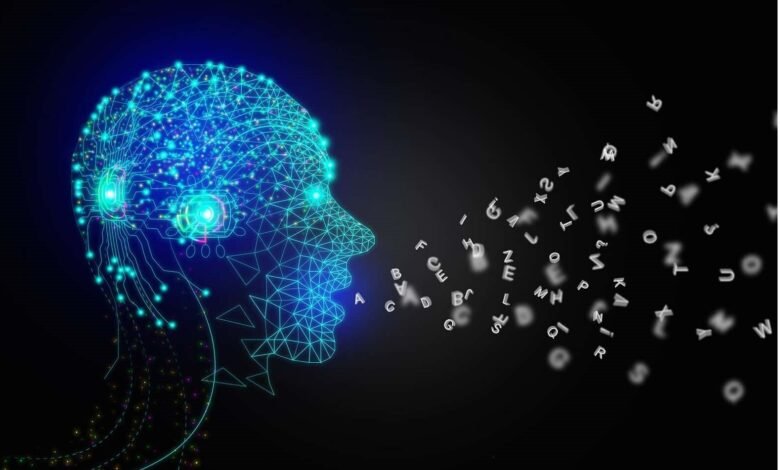
In a world driven by technology, artificial intelligence (AI) has become a transformative force, revolutionizing various aspects of our lives. One of the most significant applications of AI is in the realm of personal assistants. These digital companions have evolved beyond mere task managers into sophisticated AI-powered entities that can handle a wide array of tasks, making our lives more efficient and productive. In this article, we will delve into the ways you can leverage Artificial Intelligence for personal assistants in 2023, exploring the advancements and possibilities that this technology offers.
In the fast-paced world of the 21st century, managing tasks and information overload can be overwhelming. This is where AI-driven personal assistants come to the rescue. These digital helpers utilize AI algorithms to understand, process, and respond to human interactions effectively.
The Evolution of Personal Assistants
Personal assistants have come a long way from basic calendar reminders to intelligent AI companions. They now possess the ability to comprehend context, learn from user behavior, and adapt to individual preferences.
Understanding AI in Personal Assistants
AI empowers personal assistants with the capability to interpret and respond to natural language. Through machine learning and NLP, they can understand complex commands, making interactions feel more conversational and intuitive.
Benefits of AI-Powered Personal Assistants
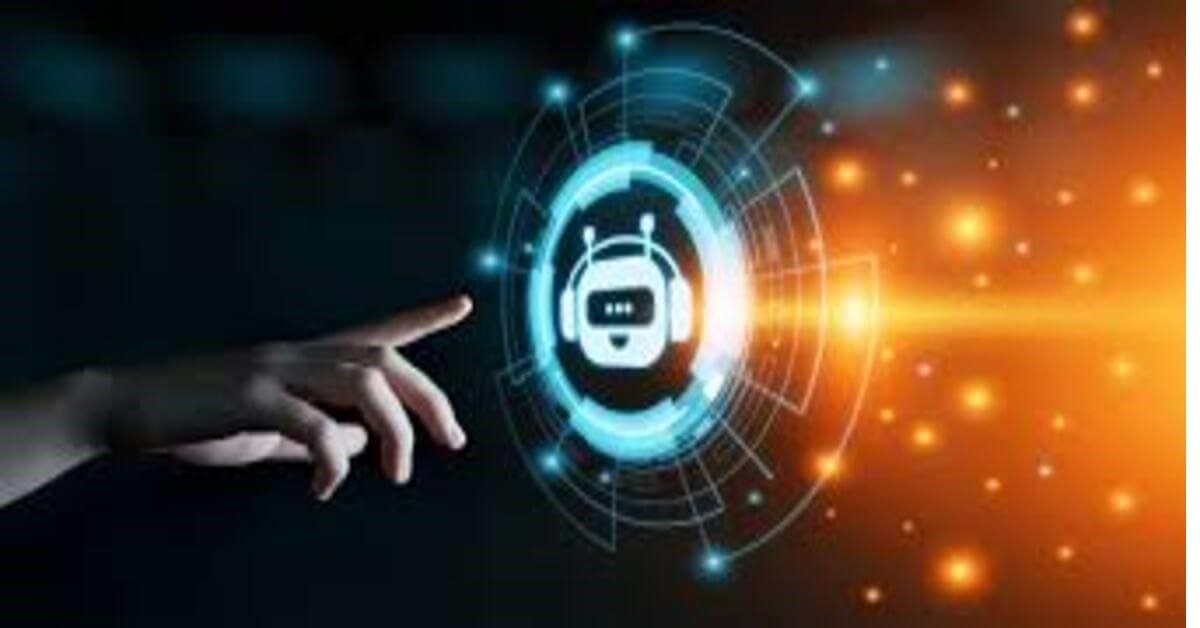
Increased Efficiency
AI assistants excel in multitasking, helping users save time by handling various tasks simultaneously, such as setting reminders, sending messages, and providing weather updates.
Enhanced Task Management
Gone are the days of sticky notes and cluttered to-do lists. AI personal assistants can organize tasks, set priorities, and provide timely reminders to ensure that nothing falls through the cracks.
Natural Language Processing (NLP) Capabilities
Thanks to NLP, Artificial Intelligence personal assistants can understand and respond to human language nuances, making interactions smoother and more human-like.
Personalization and Adaptability
AI personal assistants learn from user behaviors and preferences. This enables them to offer tailored suggestions and recommendations that align with individual needs.
Integrating AI into Daily Routine
Incorporating AI personal assistants into your daily routine is seamless. By synchronizing them with your devices, you can access your digital helper at any time, whether it’s on your smartphone, smartwatch, or smart home device.
Choosing the Right AI Personal Assistant
Selecting the perfect AI personal assistant involves considering compatibility, skill set, and privacy features. Make sure the chosen assistant aligns with your needs and values.
Compatibility with Devices
Ensure that the AI assistant is compatible with the devices you use regularly, providing a seamless experience across different platforms.
Skill Set and Applications
Different AI assistants have varying skills and applications. Choose one that aligns with your requirements, whether it’s for business organization, health tracking, or entertainment.
Privacy and Security Features
Review the privacy policies and security measures of the AI assistant to safeguard your personal information.
Setting Up and Customizing Your Artificial Intelligence Personal Assistant
The initial setup process involves connecting your assistant to your accounts and preferences. Customization allows you to tailor the assistant’s responses and functionalities to suit your needs.
Initial Setup
Follow the prompts to connect your assistant to your accounts, calendars, and other relevant platforms.
Training and Preferences
Teach your AI assistant about your preferences through interactions. The more it learns, the better it can assist you.
Maximizing Productivity with AI Assistants
Calendar and Schedule Management
Let your AI assistant handle your calendar by scheduling appointments, sending reminders, and even rearranging commitments when necessary.
Email Prioritization and Responses
AI assistants can filter your emails based on importance and respond to routine messages, leaving you with only the most critical communications to address.
Virtual Meeting Organization
Allow your assistant to schedule and manage virtual meetings, sending invitations, reminders, and even joining the meetings on your behalf.
AI-Powered Insights and Recommendations
AI personal assistants can provide valuable insights by analyzing your patterns and behaviors. From suggesting optimal work hours to recommending breaks, they contribute to your overall well-being and productivity.
Future Trends and Developments for Artificial Intelligence
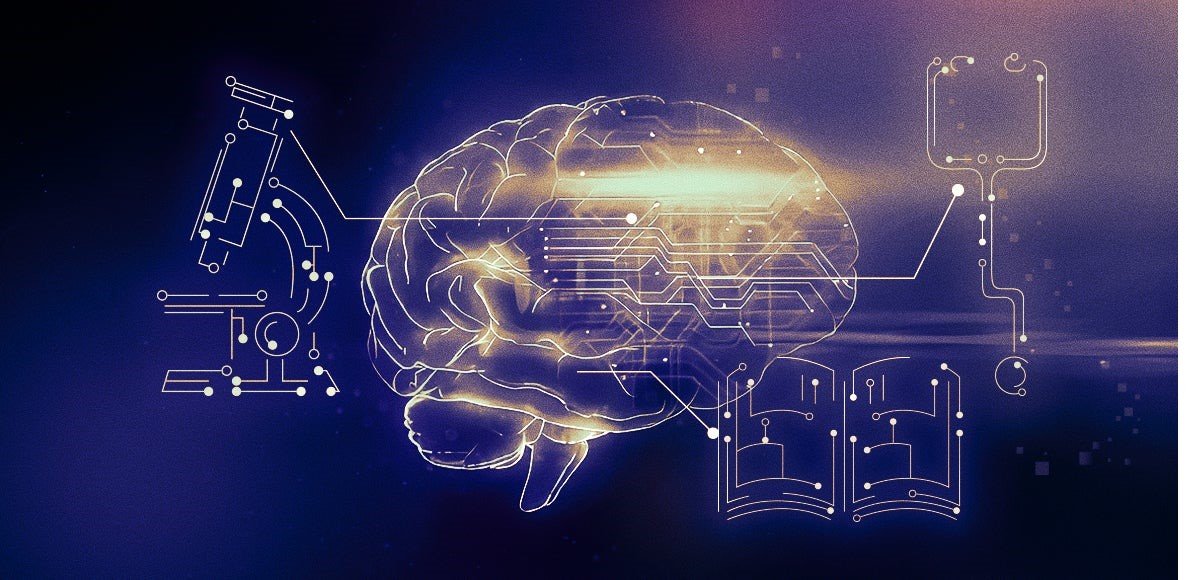
The AI landscape is constantly evolving. Expect further enhancements, such as improved emotional intelligence, enhanced predictive capabilities, and expanded integration with smart environments.
The Foundation of AI-Powered Personal Assistants
AI-powered personal assistants rely on machine learning algorithms and large datasets to comprehend user queries, preferences, and habits. The foundation lies in training these systems to mimic human-like understanding.
Natural Language Processing Advancements
Advancements in NLP have enabled personal assistants to decipher complex language structures, idioms, and even emotions. This enables more accurate and context-aware responses.
Multimodal Interaction: Beyond Text and Speech
Future trends involve personal assistants that can understand and respond to gestures, facial expressions, and even interpret images, making interactions more intuitive and natural.
Contextual Understanding and Predictive Assistance
AI personal assistants are moving towards predicting user needs based on context, location, time, and past behaviors, offering suggestions and assistance proactively.
Customization and User-Centric AI
Personalization takes center stage as AI adapts to individual preferences, learning from each interaction to tailor responses and recommendations.
Enhanced Security and Privacy Measures
With the growing concern over data privacy, AI personal assistants are incorporating advanced security features to protect sensitive information and ensure user trust.
Integration with Internet of Things
AI is bridging the gap between personal assistants and IoT devices, allowing users to control their smart homes, appliances, and vehicles seamlessly.
Augmented Reality Integration
The integration of AR enhances personal assistants by providing visual information overlays in real-time, revolutionizing tasks like navigation and remote troubleshooting.
Ethical Considerations in AI Personal Assistants
As AI personal assistants become more human-like, ethical considerations regarding data usage, bias, and transparency become crucial.
The Future of Work
AI is evolving into a collaborative tool, assisting professionals in tasks such as research, data analysis, and content creation, reshaping industries and augmenting human capabilities.
Overcoming Technical Challenges
While AI has made remarkable strides, challenges such as natural language ambiguity and real-time decision-making still require innovative solutions.
The Role of Big Data
The availability of vast amounts of data enhances AI personal assistants’ learning capabilities, enabling them to provide more accurate and relevant information.
Empowering Individuals with Disabilities
AI-powered personal assistants are fostering inclusivity by aiding individuals with disabilities, enabling them to navigate the digital world more effectively.
Overcoming Challenges and Concerns for Artificial Intelligence
As we integrate AI personal assistants into our lives, it’s essential to address potential challenges, including dependency on AI for decision-making and data privacy concerns.
Dependency on AI
While AI assistants can significantly enhance productivity, maintaining a balance and not becoming overly reliant on them is crucial.
Data Privacy Concerns
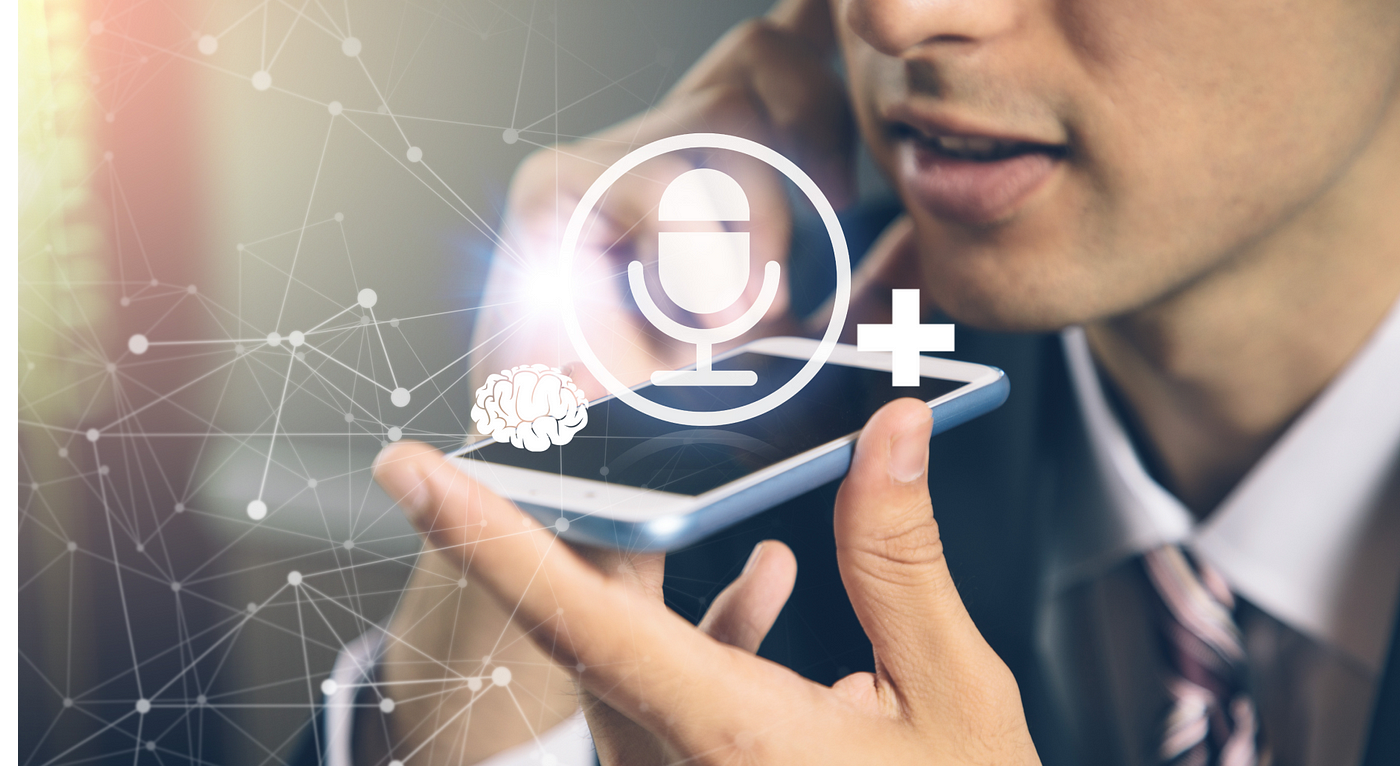
Ensure that your chosen AI assistant adheres to strict data privacy regulations and consider the information you’re comfortable sharing.
Conclusion
In the era of AI, personal assistants have transformed into indispensable companions that simplify our lives and enhance productivity. By harnessing the power of AI, you can streamline your tasks, access valuable insights, and achieve a better work-life balance.
Read more : 7 of the Best PC Cases For Desktop PC Builders
FAQs(Artificial Intelligence )
Can I use multiple AI personal assistants simultaneously?
Yes, you can use multiple AI personal assistants based on your preferences and needs.
Do AI personal assistants learn from my behavior over time?
Absolutely, AI personal assistants continuously learn and adapt from your interactions to provide tailored assistance.
Are there AI personal assistants specifically designed for businesses?
Yes, there are AI personal assistants tailored for business needs, offering features like scheduling, data analysis, and communication management.
How do AI assistants ensure data privacy?
Reputable AI assistants use advanced encryption and adhere to stringent privacy protocols to safeguard user data.
What can we expect from AI personal assistants in the next few years?
The future holds exciting possibilities, including improved emotional intelligence, seamless smart home integration, and even more accurate predictive capabilities
Read more : How to Create Sustainable Solutions for Environmental Challenges in 2023



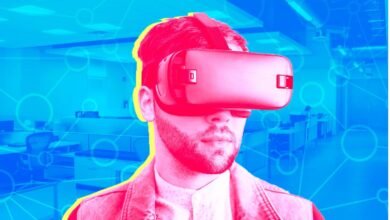
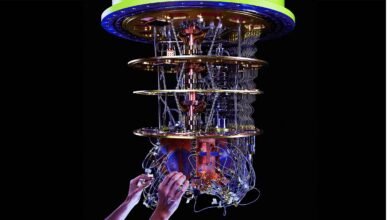
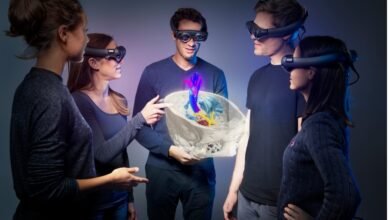
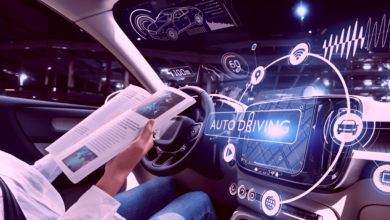
One Comment